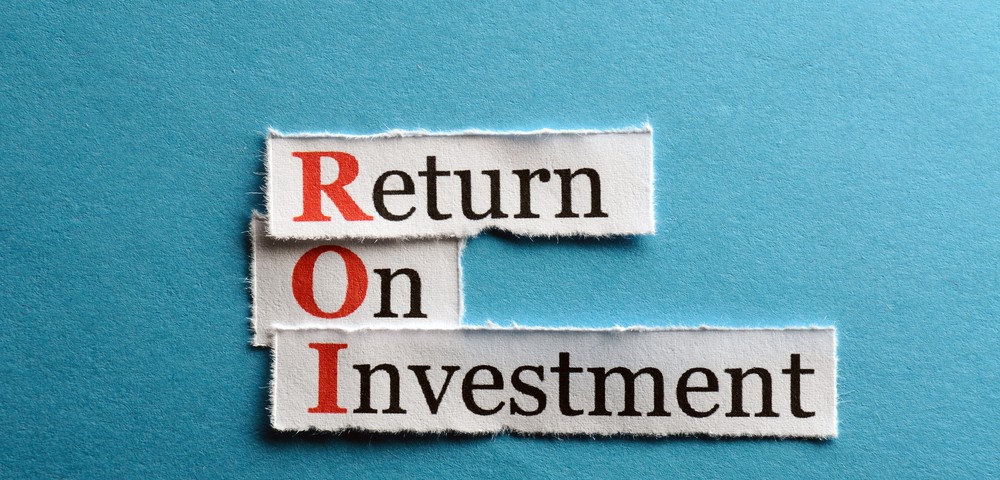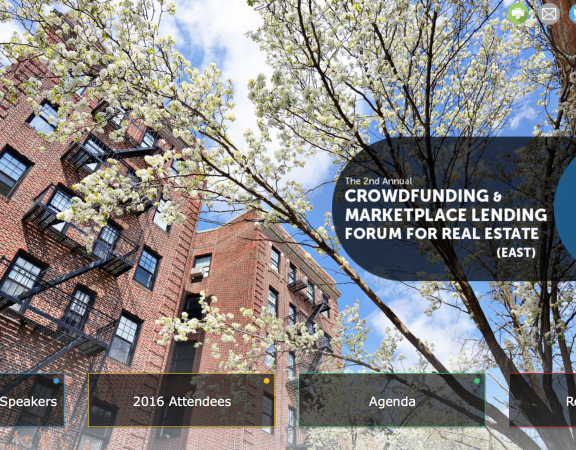Real estate crowdfunding is growing in popularity, not only at home in the United States but globally as well. In the not too distant past, there were only a few players in this market, and only major investors seemed to be even moderately interested. What a difference a few years has made: the expansion of Internet social media websites has largely contributed to an explosion in the number of real estate crowdfunding platforms as well.
Today, there are more than 70 such platforms successfully operating in the United States alone, and this number well exceeds 100 when considering the number of platforms now going strong in international markets as well. With this entire buzz surrounding the industry, you might be considering entering it yourself. Remember that real estate crowdfunding is not just for the wealthy investor anymore. Nearly anyone can get involved, as the concept works off the building of capital from a multitude of investors from all over the globe who work together to support any number of projects. With that in mind, however, there are a few things you need to keep in mind as you research crowdfunding opportunities in real estate.
The Basic Structure of Real Estate Crowdfunding
No matter how you cut it, investing is risky. There is no guarantee of the return, and there is actually no assurance that you will have the principal returned in full. That being said, few investors live paycheck to paycheck, meaning that they have some extra money that they would like to put to work. Just like a company puts a new product out on the market in the hopes that people will buy it, investors put their money out there in the anticipation that returns are handsomely generated. Sometimes this works out, and other times it does not. That is the nature of business, and that principle certainly carries over to the investment world as well.
Given the reality that investments are risky, it should seem a logical inference that some forms of investment are far more risky than others. Real estate has traditionally been one of those areas. Sinking all of your money into one big project historically has the potential to generate either a substantial windfall, or to fail miserably. With very little in between, such prospects have largely been limited in the past to institutional investors who are willing to take on that risk, and can afford to lose a few along the way. For the rest of society, however, this is simply too much handle, so the wide scale investment in real estate has been avoided. But crowdfunding has changed all of this.
The concept of real estate crowdfunding is to spread around the risk of traditional investing by pooling together lower amounts of money to fund projects. This enables investors to then become involved in multiple projects, as opposed to just one, which will hopefully in the end result in a well-diversified portfolio that is far less averse to risk. In addition, not only are the risks minimized, but also the potential rewards are maximized. It is viewed as a win-win situation for everyone involved. Just keep in mind that risk is always there and should not be discounted altogether.
Crowdfunding as an Investment Opportunity
Many people question whether or not this type of investment is wise. Remember, first of all, that crowdfunding is not a new concept. In fact, the idea has been around for quite some time, and has generated more than its fair share of both rewards and risks. What has changed recently, however, is the mechanism by which crowdfunding platforms operate today. Whereas in the past crowdfunding largely spreads by personal word of mouth from large investor to even larger investor, usually via the telephone, the Internet is the primary medium of exchange today. Information about a hot new real estate project can now spread via social media around the globe in a matter of hours. This is not only attracting investors into the fold in record numbers, but is also exponentially expanding the number of projects that are available to be invested in. This is the key distinction.
Why Pre-funding Protects The Interests of Investors as well as Borrowers
Individuals choosing to invest their money in a real estate crowdfunding platform need to realize what it is they are truly putting their money in. Ideally, investors should look for opportunities that have been pre-funded by the Real Estate Crowdfunding platform they are working with. Pre-funding means that the crowdfunding platform actually pays the real estate developer the full investment amount before making it available to investors online. This demonstrates confidence in the crowdfunding platform’s due diligence by putting its own money on the line. This “skin in the deal” gives the platform a real incentive to make sure their underwriting processes are up to scratch and an ongoing interest in making sure the deal works out. For the investor, this tangible demonstration of alignment of interests is a real vote of confidence in the project.
For borrowers, the ability of a real estate crowdfunding platform to pre-fund their deals is critical. Borrowers need their money fast to be able to secure the deal they are working on. If they can’t get their deal pre-funded, the uncertainty of having to wait weeks or possibly months to get the money they need for their deal is simply not an option. The benefits of a pre-funding program attracts more borrowers, and more borrowers means more deals. this expanded group of borrowers provides a wider product diversity to investors, which is also a good thing.
Getting Started with Real Estate Crowdfunding
Perhaps you have done your research and you are ready to enter into the investment waters of real estate crowdfunding, or maybe you still want to gain a bit more information. There are some ways you can go about this that will help get you prepared, minimize the risk, and potentially bring in some substantial rewards over the long run.
Use the Internet as your primary research tool. Search through a few crowdfunding platforms and look for the ones that have a team that can demonstrate solid real estate experience and expertise. If they have been through a number of real estate investment cycles, so much the better. This is important, as you will want a team behind you that you can trust. You want to ensure that the projects funded on the platform are not only legitimate, but that they have the opportunity to generate that return on your investment that you want. Read the reports from the critics of crowdfunding to determine what you should look out for, and also read the success stories so that you know what to be hopeful for. In the end, be smart with your money and make an informed decision.
Matthew Sullivan
@thecrowdventure
Matthew Sullivan is the founder and CEO of Crowdventure.com, a real estate crowdfunding platform.
Image by Shutterstock






